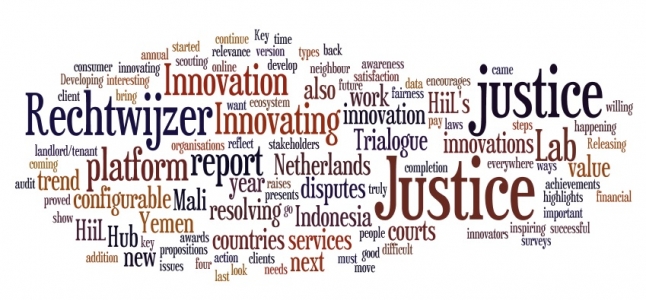The completion of our annual report and financial audit 2013, presents a good time to look back and reflect on the achievements of last year.
I think it’s fair to say that we managed to solidify our position as an influential research and advisory institute for the justice sector. As Jacques Schraven, the Chair of HiiL’s Supervisory Board put it: “2013 was a key year. I am very pleased to see that HiiL managed to make the strategic shift to an ogranisation that does not receive subsidies anymore. Based on relevant research it now runs pretty much like a commercial ogranisation, and it is meeting its ambitious targets. This also highlights HiiL’s relevance: if clients are willing to pay for HiiL’s justice innovation services then they must be of value.”
Key services, such as the HiiL Justice Innovation Lab and the Innovating Justice Hub, proved to be interesting propositions for client organisations and generated more revenue than expected. From the Justice Innovation Lab came the next version of Rechtwijzer, the online platform for resolving divorce and other disputes. Our research director Maurits Barendrecht: “In addition to divorce, the platform will be configurable to other types of disputes, such as neighbour disputes, consumer issues and landlord/tenant disputes. We are currently in the process of deciding which configuration we will focus on next. The platform will also be configurable to laws in other countries, so a Rechtwijzer for resolving divorce disputes may be moving to the next country soon.”
Two publications that stand out are our handbook Innovating Justice: Developing new ways to bring fairness between people and the trend report on the courts of the future: Trialogue, Releasing the value of courts. HiiL’s Programmatic Steering Board Chair, Anne van Aaken explains, “The trend report is important because it raises awareness. It encourages justice innovators to go on with their very difficult work which is truly inspiring.”
So what does this mean for 2014? It means we have a solid financial and organizational foundation to build further on. We are finalizing justice needs and satisfaction surveys in four countries: Yemen (see article, below), Mali, Indonesia, and The Netherlands, with more coming. The next steps will be to work with stakeholders to move from data to action. After the successful innovations awards in 2013, scouting for new innovations has also started, as you can see in the article below. We want to continue to show that justice innovation is happening everywhere, and to further develop the innovating justice ecosystem.
Thanks for the trust, support and inspiration we received. Onwards and upwards!

